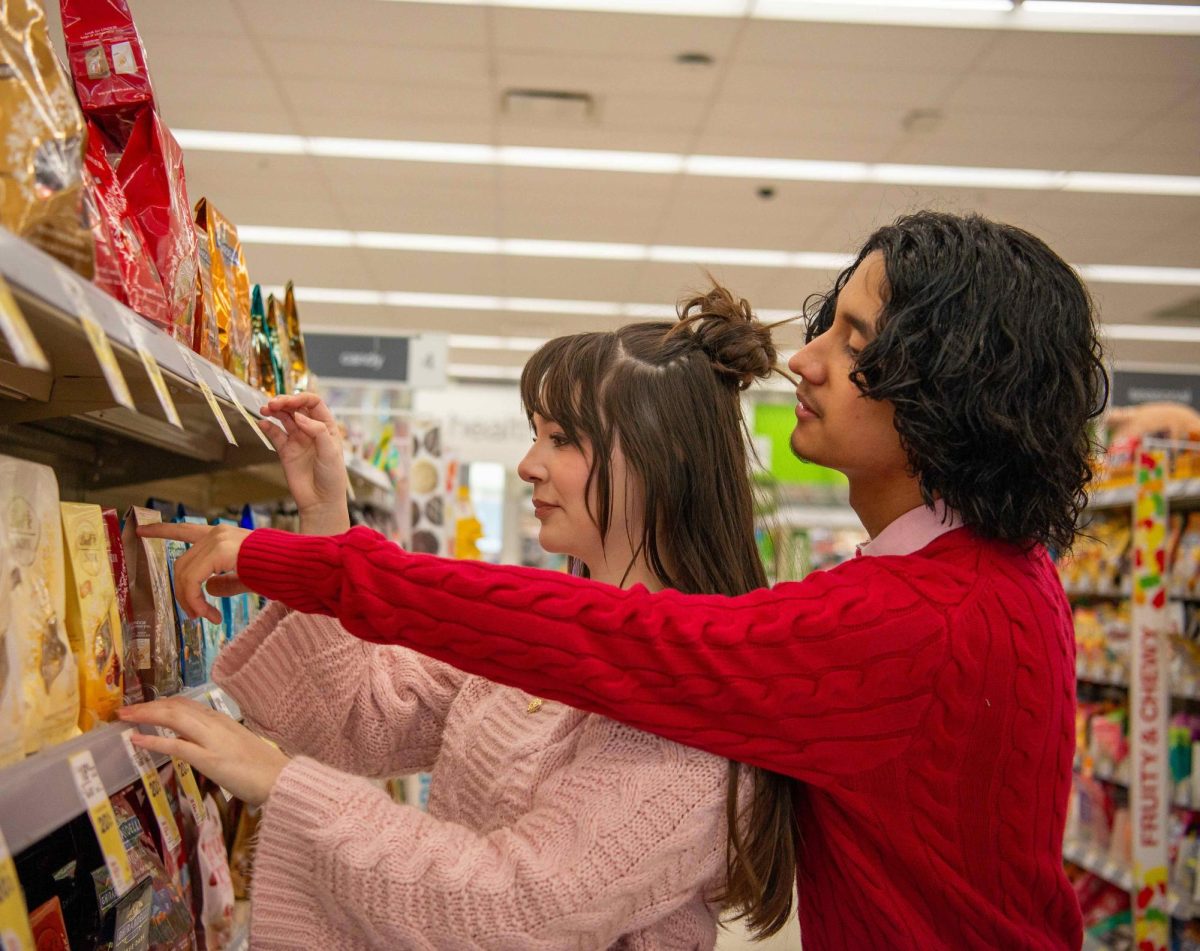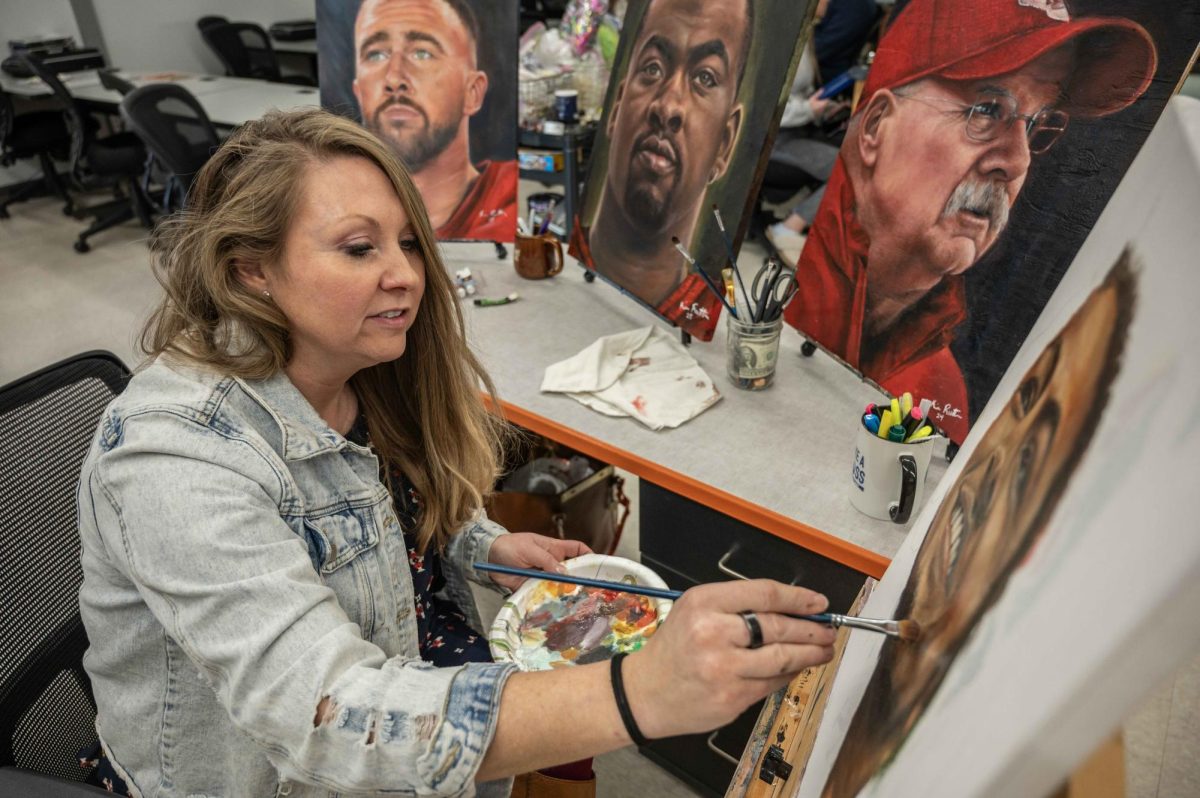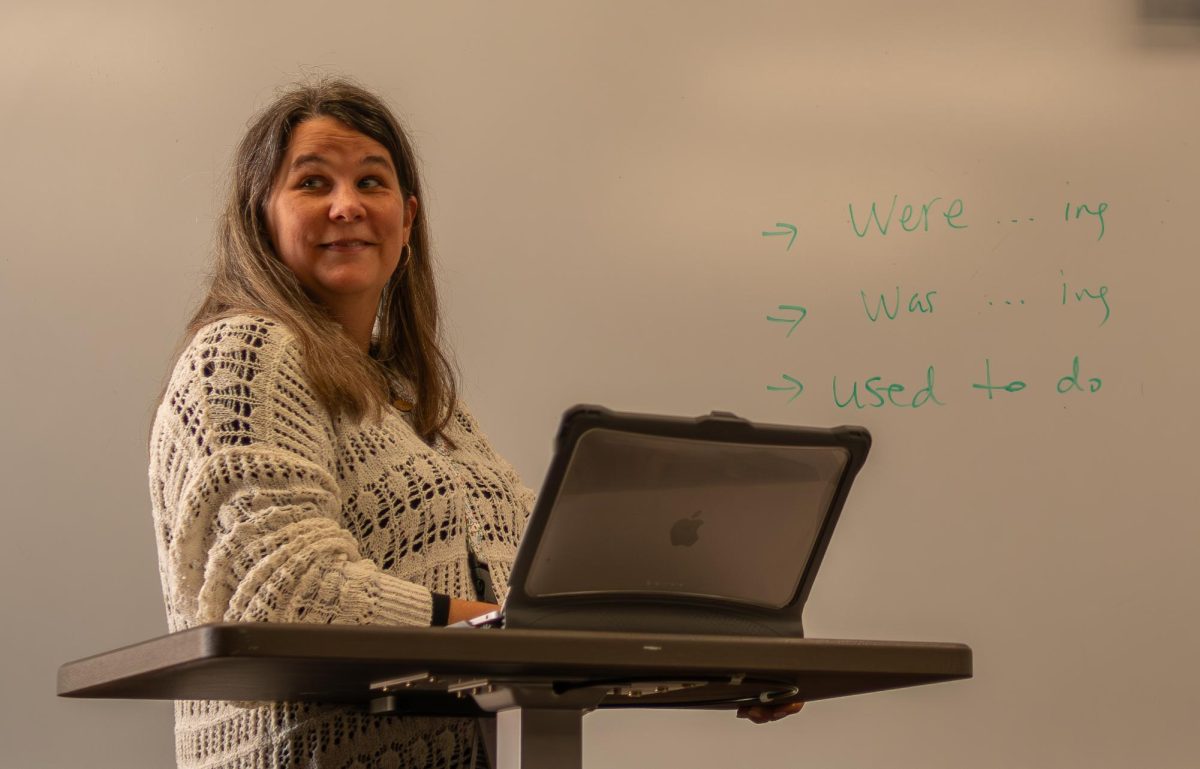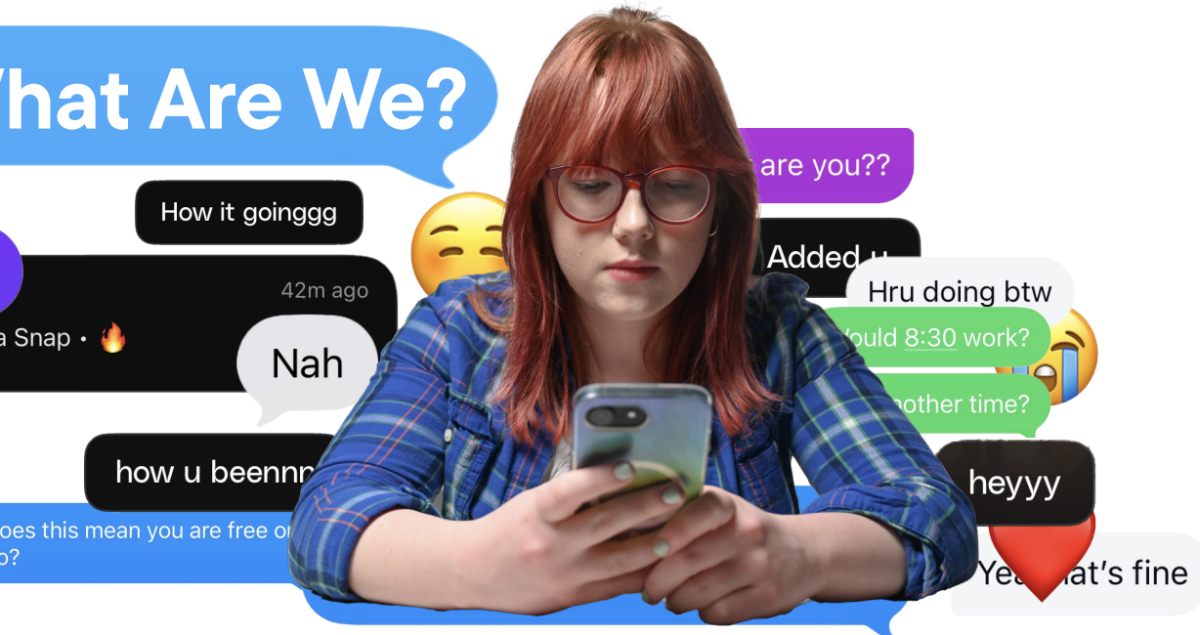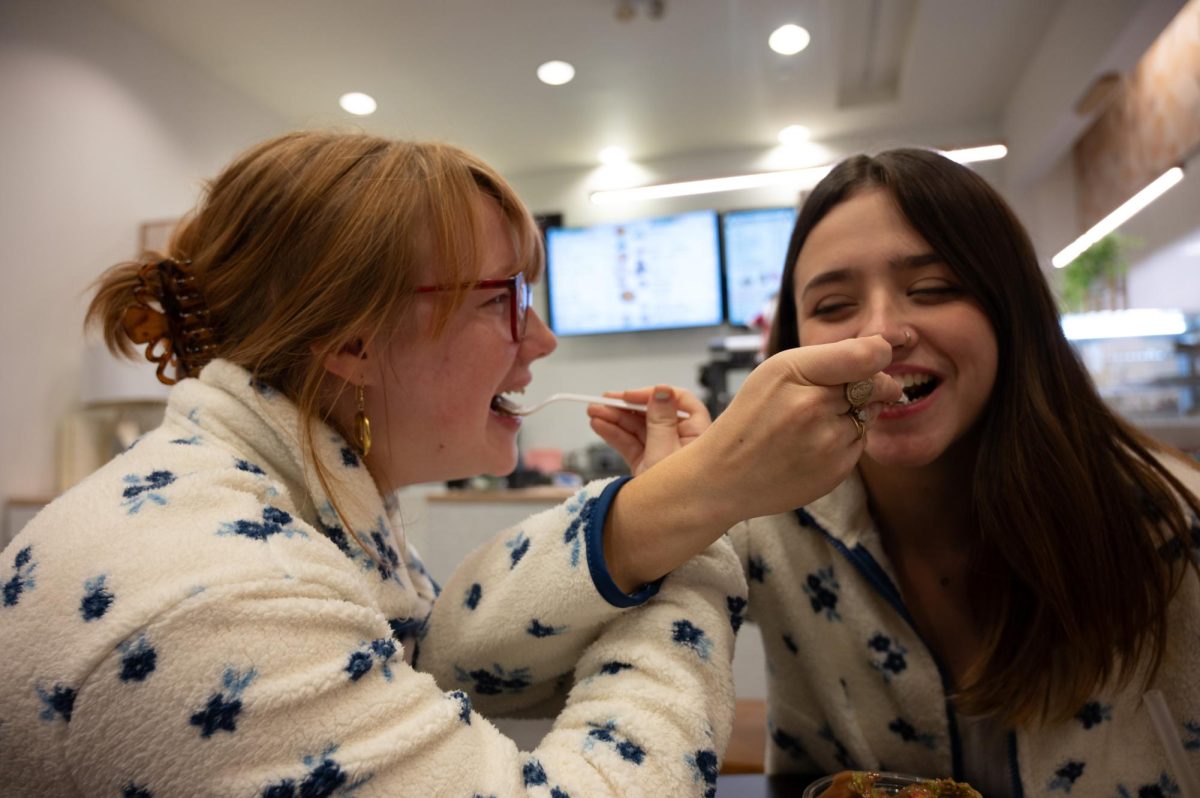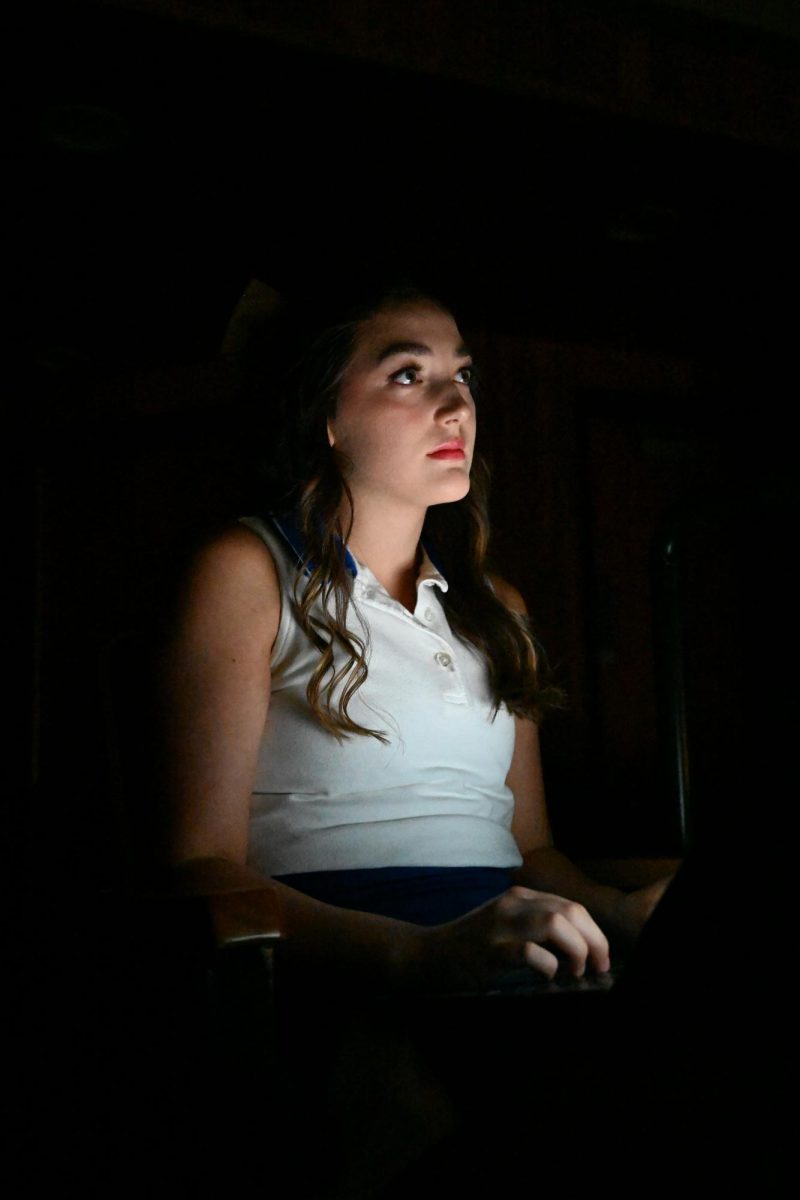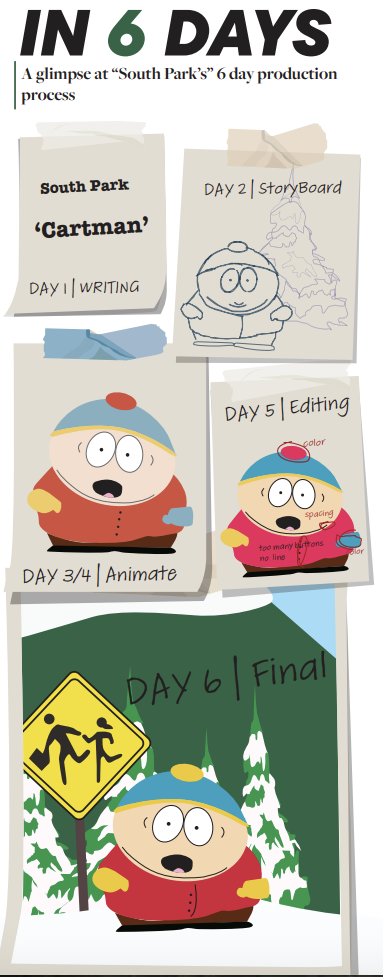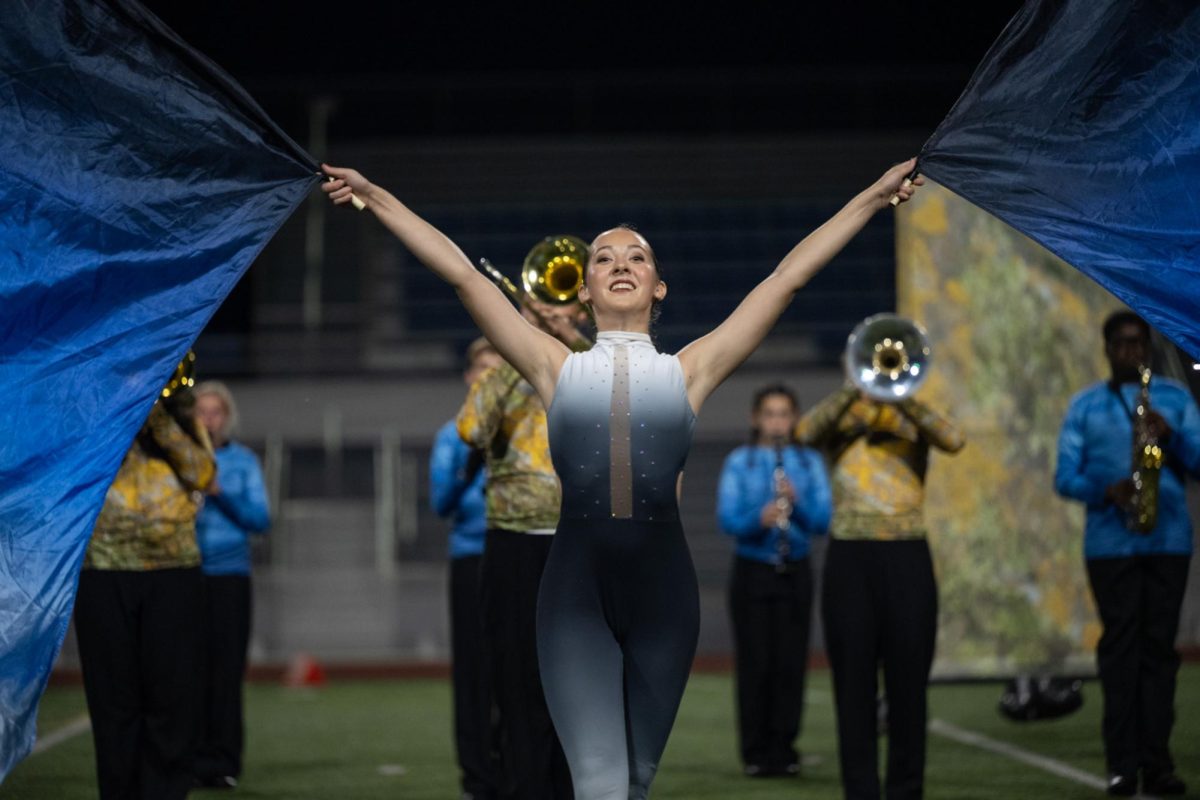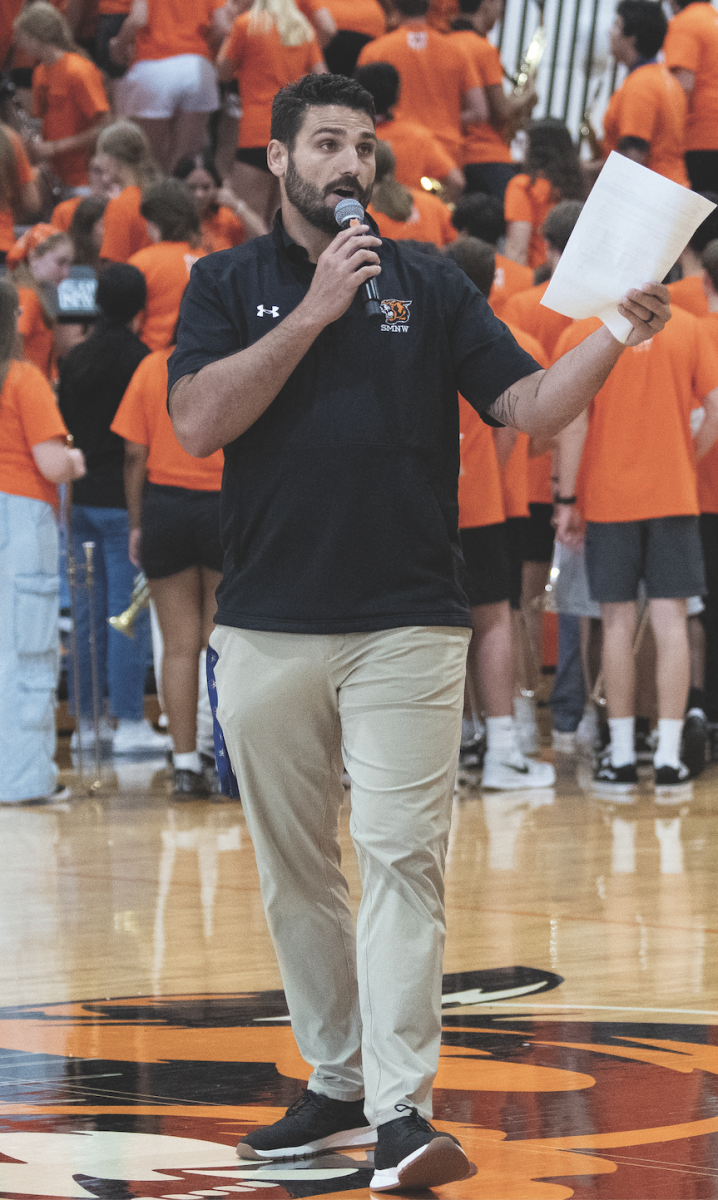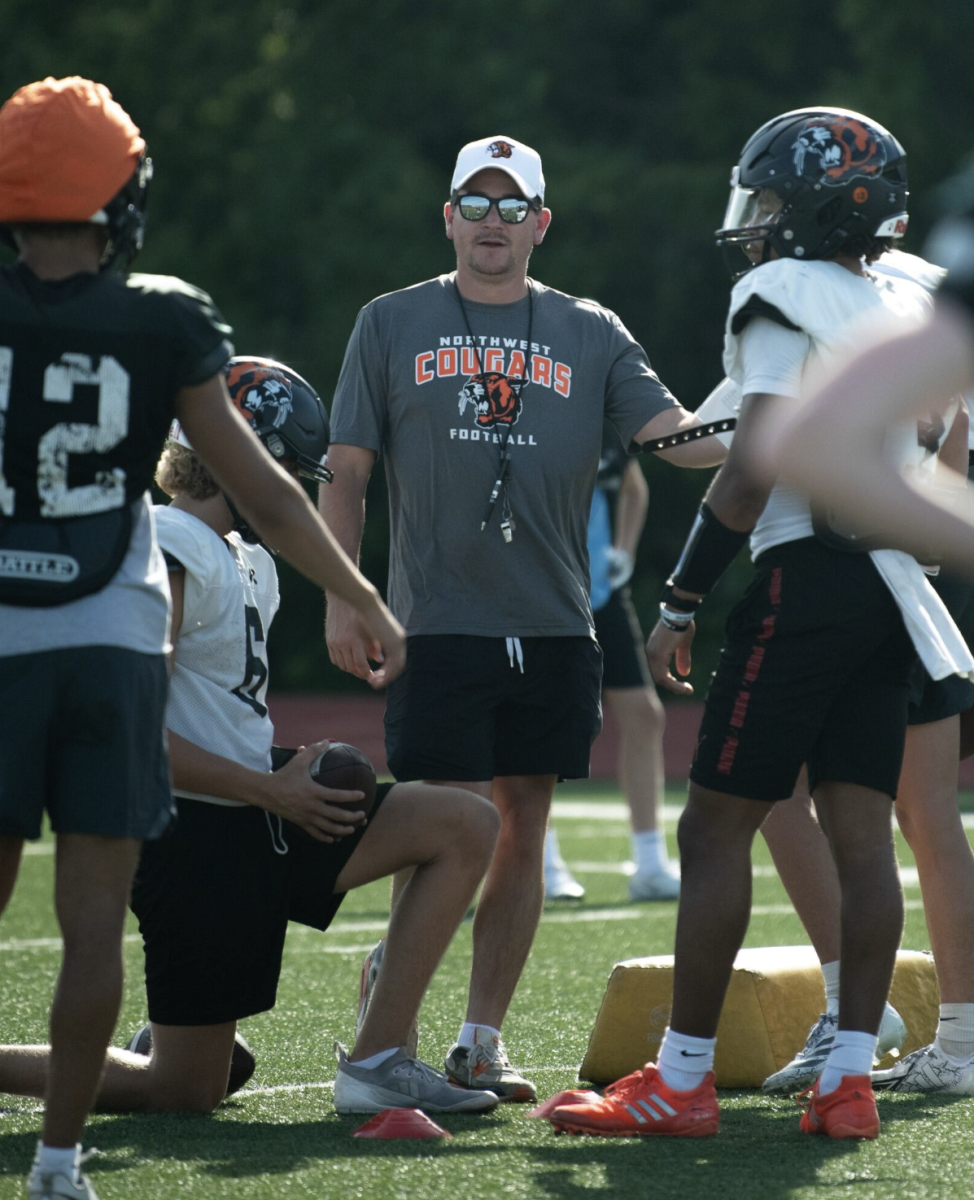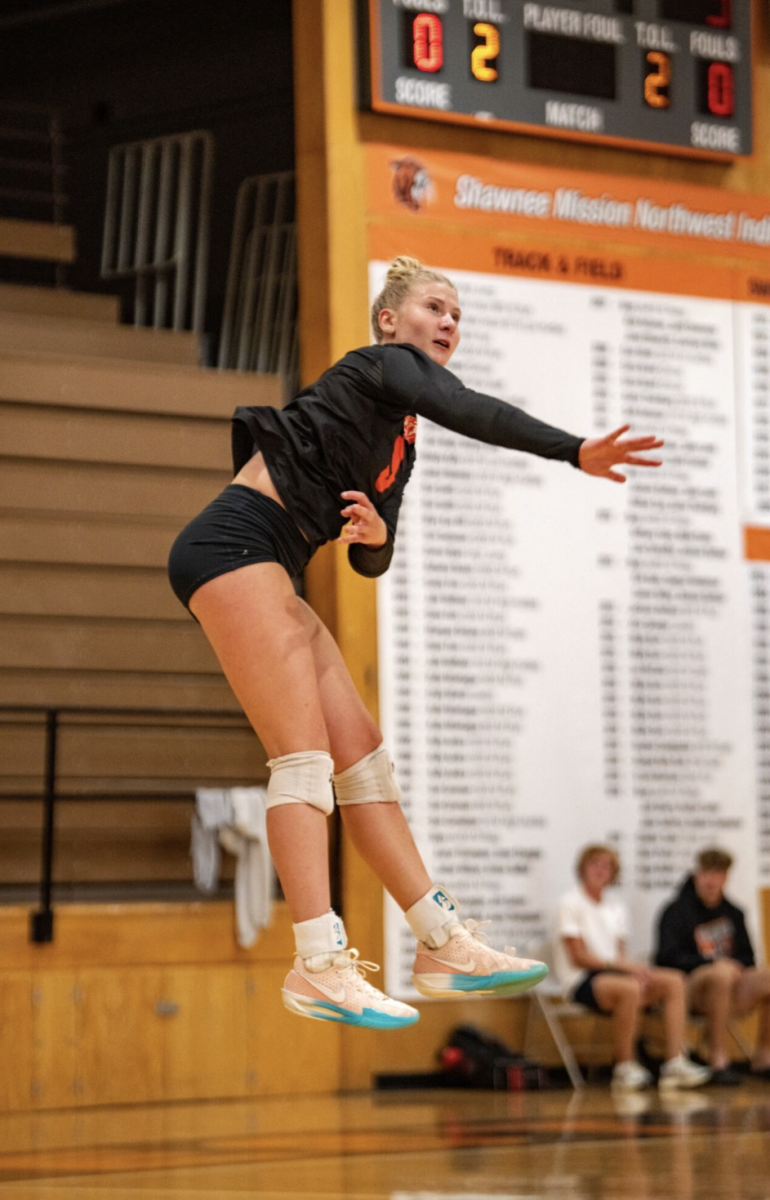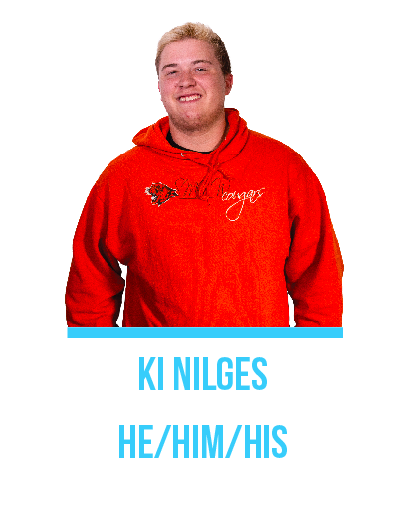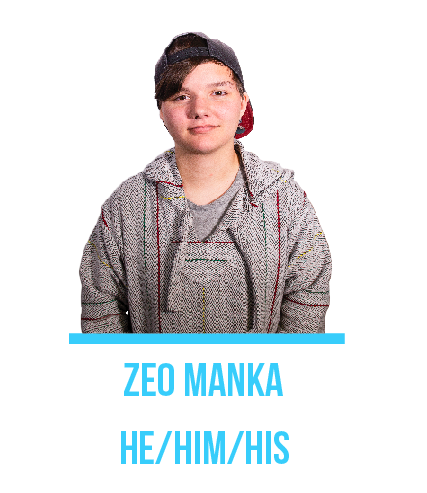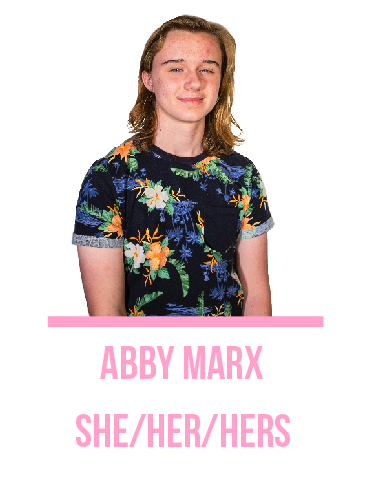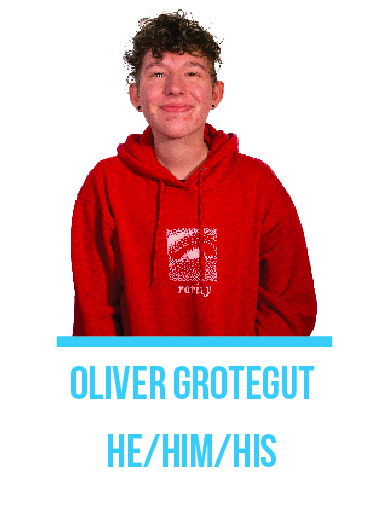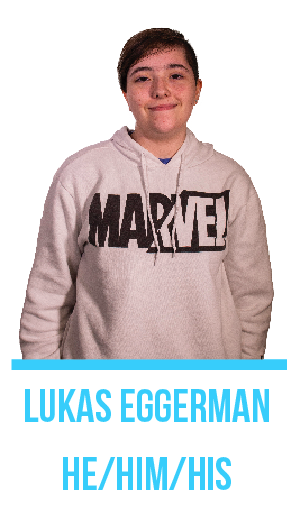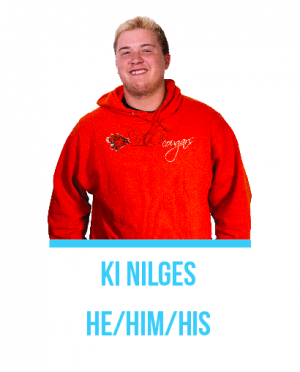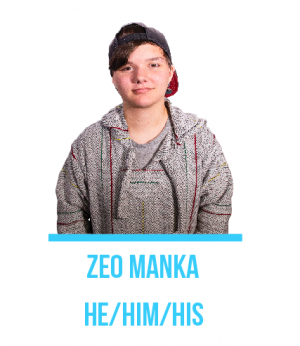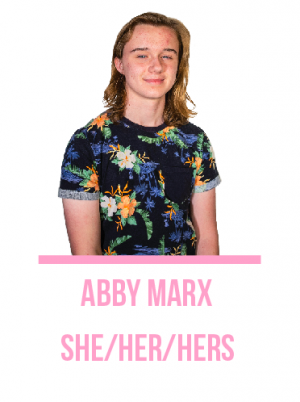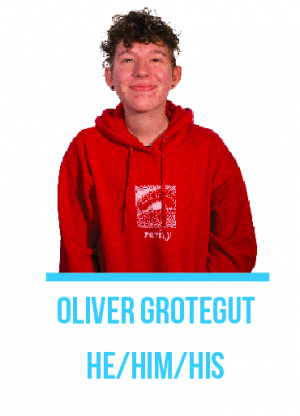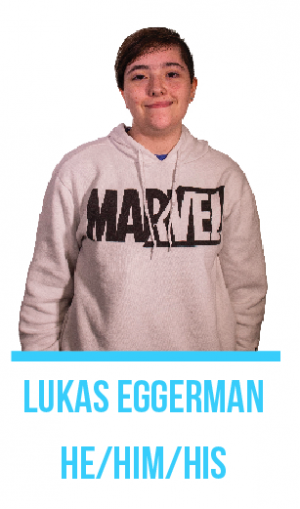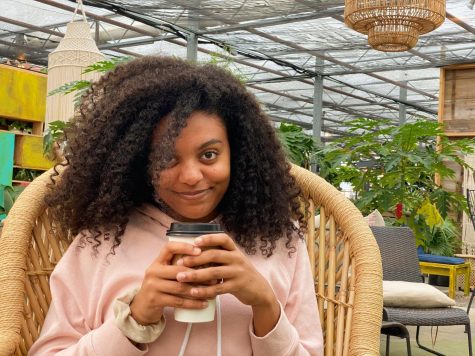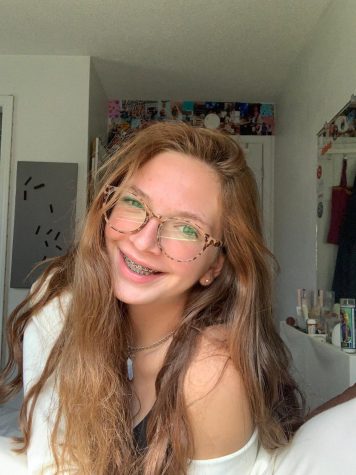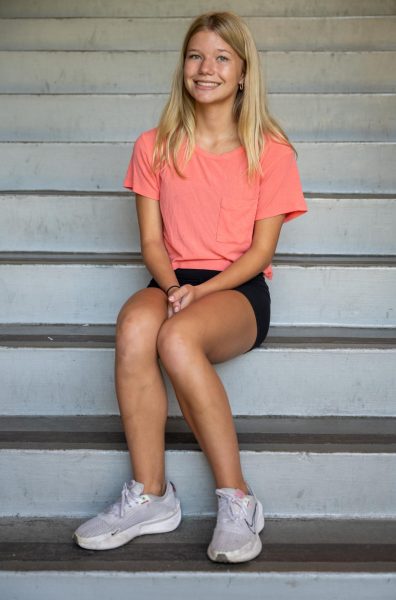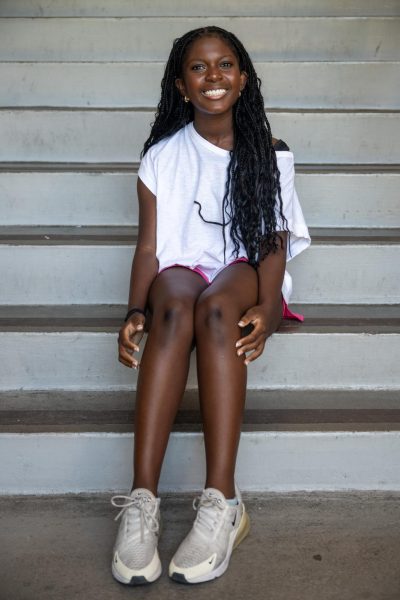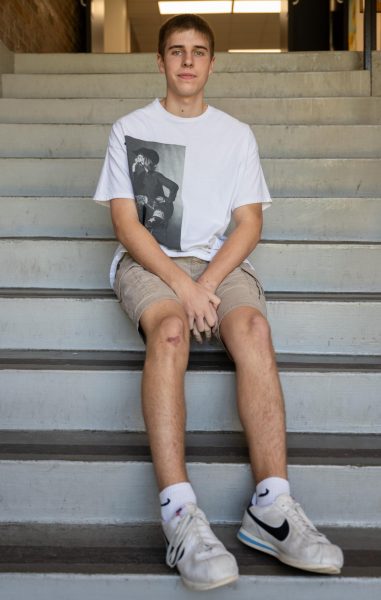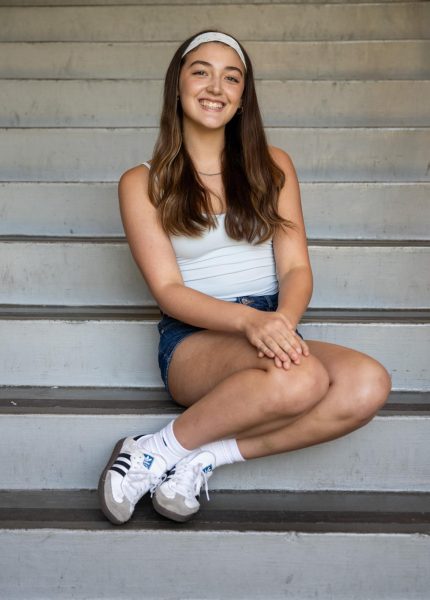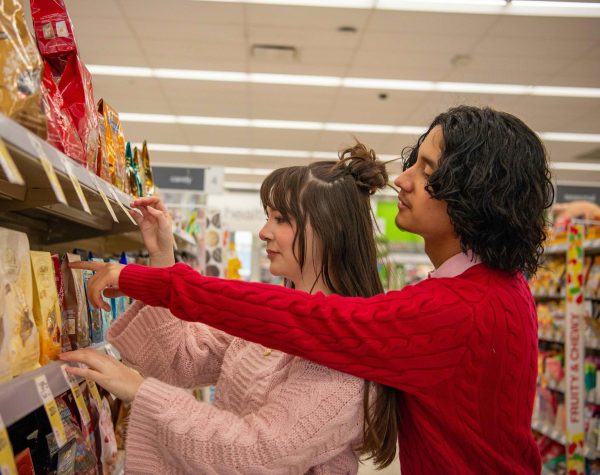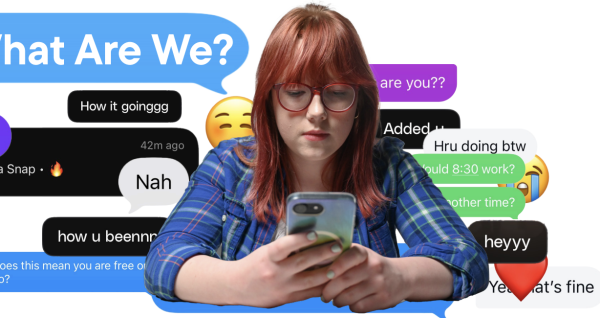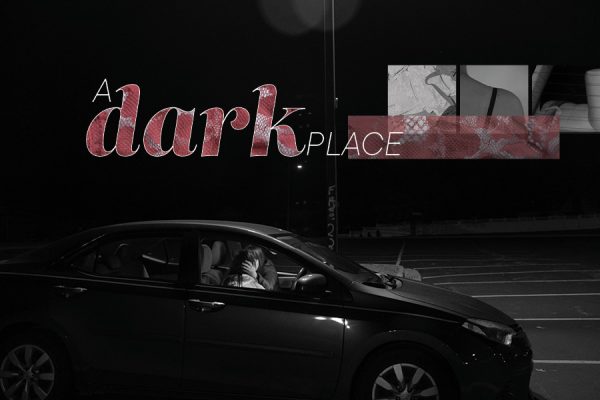Living Authentically
We sat down with five students to discuss the experience of transgender high schoolers
November 4, 2019
How did you know you were transgender?
Marx: For me, it was a really slow burn. I’d known since elementary school that something was different, I just couldn’t put my finger on it. Around sixth grade, I started thinking, “I don’t like being the way that I am. I want to change.” And then, middle school happens, as it does, I figured out a lot about myself. I had confirmed that I was trans by freshman year.
Grotegut: I wished I was a dude for, like, 14 years. Then I was like, “Wait, I think that means I’m a dude.”
Eggerman: You get pretty closed off from a lot of LGBTQ stuff when you’re in Christian private schools. My first year at Trailridge finally allowed me to just be who I always knew I was.
When did you come out, and who did you come out to?
Grotegut: I came out to Abby first. She was really cool about it. And this was before she ever came out as trans.
Manka: I first came out to my friend Anni . I thought I was trans for a while, and then my parents were like, “Nope, you’re not.” I juggled the idea of just being gender-neutral for a while, but I could only ever see myself as a guy. One day, Anni and I were walking to school and I told her how I identified. To this day she’s been really loyal and there to support me.
Nilges: I came out to my girlfriend first during freshman year. I officially came out to my parents in October of my sophomore year.
Marx: I know I told my therapist early on, but I don’t think I told my friends until a few months after I knew. There were strong hints though. I would say stuff like, “I wanna be a chick, but I’m not trans or anything.”
Are your family and friends supportive of your gender identity?
Manka: My parents don’t really believe I’m transgender. They think I should grow more as a person, but I think I know enough about myself to know who I am. Just the other night, my mom asked me why I couldn’t be a “normal person” and wear a dress to homecoming. Not all parents are going to accept you, but you kind of have to work with what you have.
Marx: My friends have been with me through thick and thin. My parents don’t understand it all that much, but they’ve come around a lot since I told them two years ago.
Eggerman: I’ve definitely had to drop a few friends along the way because they were just blatantly transphobic. But I’m glad I’ve found the friends that I have. Without them I wouldn’t be the person I am today.
What is something you experience in your daily life that others wouldn’t typically think about?
Manka: We worry a lot that we won’t pass or that everyone will see us as one gender when we feel like the other gender. Some days I’ll feel like I’m passing, and then someone will say the wrong pronouns and it makes me feel like I did something wrong.
Eggerman: I think a lot about what I wear, because girls have differently shaped bodies. When someone, like my mom, tells me an outfit that I think looks nice makes me look too girly, I just want to go back inside and hide.
Marx: You just feel out of place in a lot of social situations. I have this feeling that I’m just the token trans friend.
How often do people use the incorrect pronouns, and how do you respond to it?
Manka: All the time. If I’ve told them before and they consistently get it wrong, then there’s a problem. But if it’s someone I don’t know very well, once the conversation is going I’ll let them know how I identify and just hope that they’ll correct themselves.
Grotegut: There are times when it feels almost safer to not correct them, because they might do something bad once they know I’m trans. As hard as it is, sometimes I just have to let it go.
Nilges: I’m actually pretty lucky to not have that problem anymore. I’ve been on for over a year, so most people don’t even know I’m trans at all.
How did you choose the name you go by?
Manka: My favorite book series as a kid was the Percy Jackson series. In the third book, there’s a character named Zoe, and I accidentally switched the letters around so in my head it was Zeo. I liked the name so much that I decided to keep it as my own.
Nilges: My name is a shortened version of my birth name, which I figured would be easiest to start with. But when I get it legally changed, I want to use my dad’s middle name, which is James.
Grotegut: I picked mine kind of on a whim. I was 13 years old and super emo and named myself after a member of the band Bring Me the Horizon.
What is your experience with public restrooms?
Grotegut: We got a gender-neutral bathroom by request about two years ago, which is really good.
Manka: The first time I actually was able to go into the men’s bathroom was with one of my best friends at the movie theater. He pretty much watched over the bathroom to make sure nothing happened to me.
Nilges: I went to the boys’ bathroom one time at the beginning of last year and I was assaulted by a guy I didn’t even know. I told an administrator and basically nothing happened to the guy who assaulted me, I was just told I couldn’t go back in there.
If you could say one thing to the Northwest community about being a transgender high schooler, what would you say?
Manka: Not everyone’s going to accept you and that’s okay. Being yourself is what matters, not being what everyone wants you to be.
Marx: This is very cliché, but just be respectful.
Grotegut: I agree. You don’t have to understand, you just have to remember.
At the end of the day, what makes you proud to be who you are?
Nilges: A lot of the things I’ve gone through have kind of sucked, but they’ve made me a more empathetic person. I really pride myself on the fact that I can relate to others and put myself in their shoes rather than immediately judging them.

